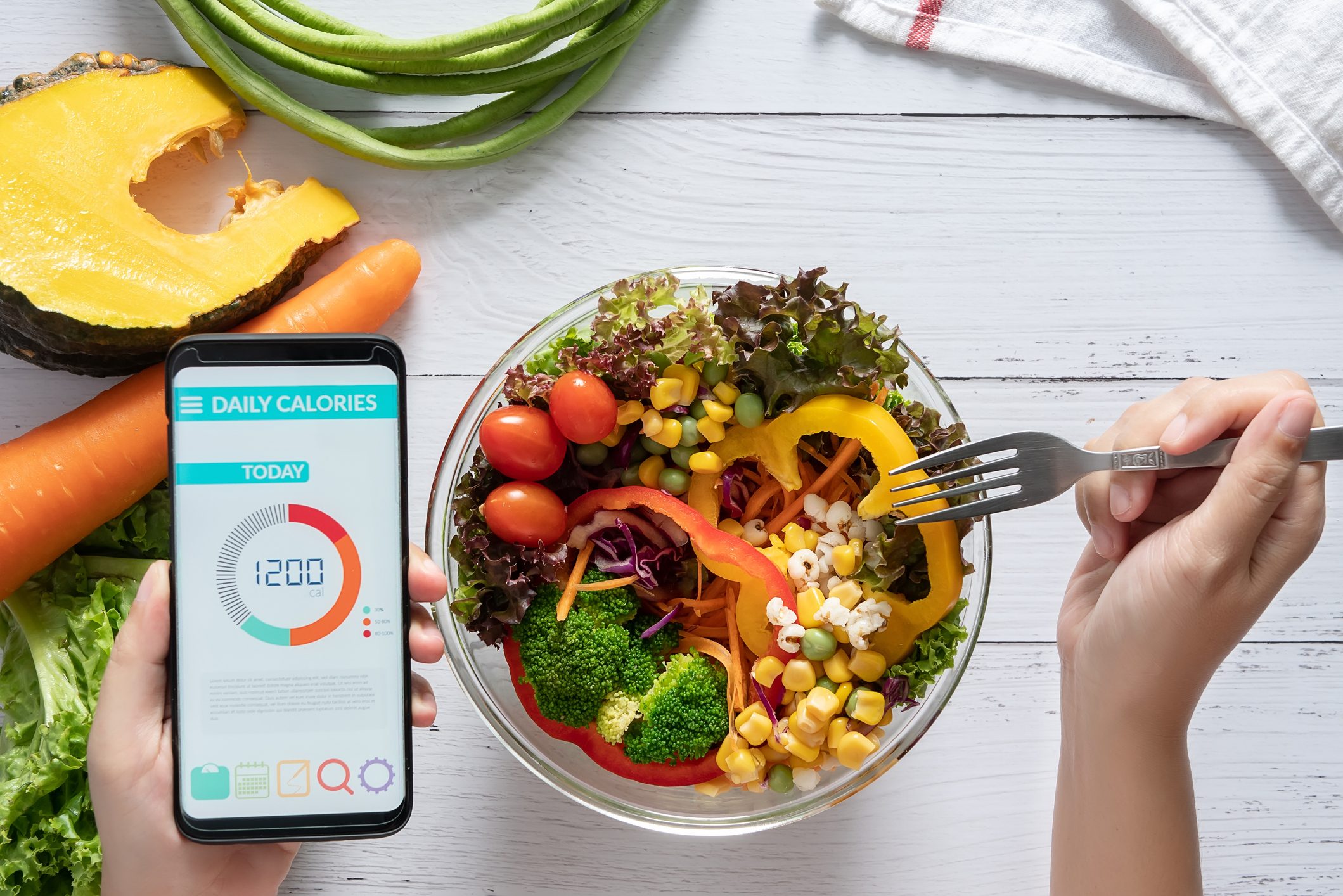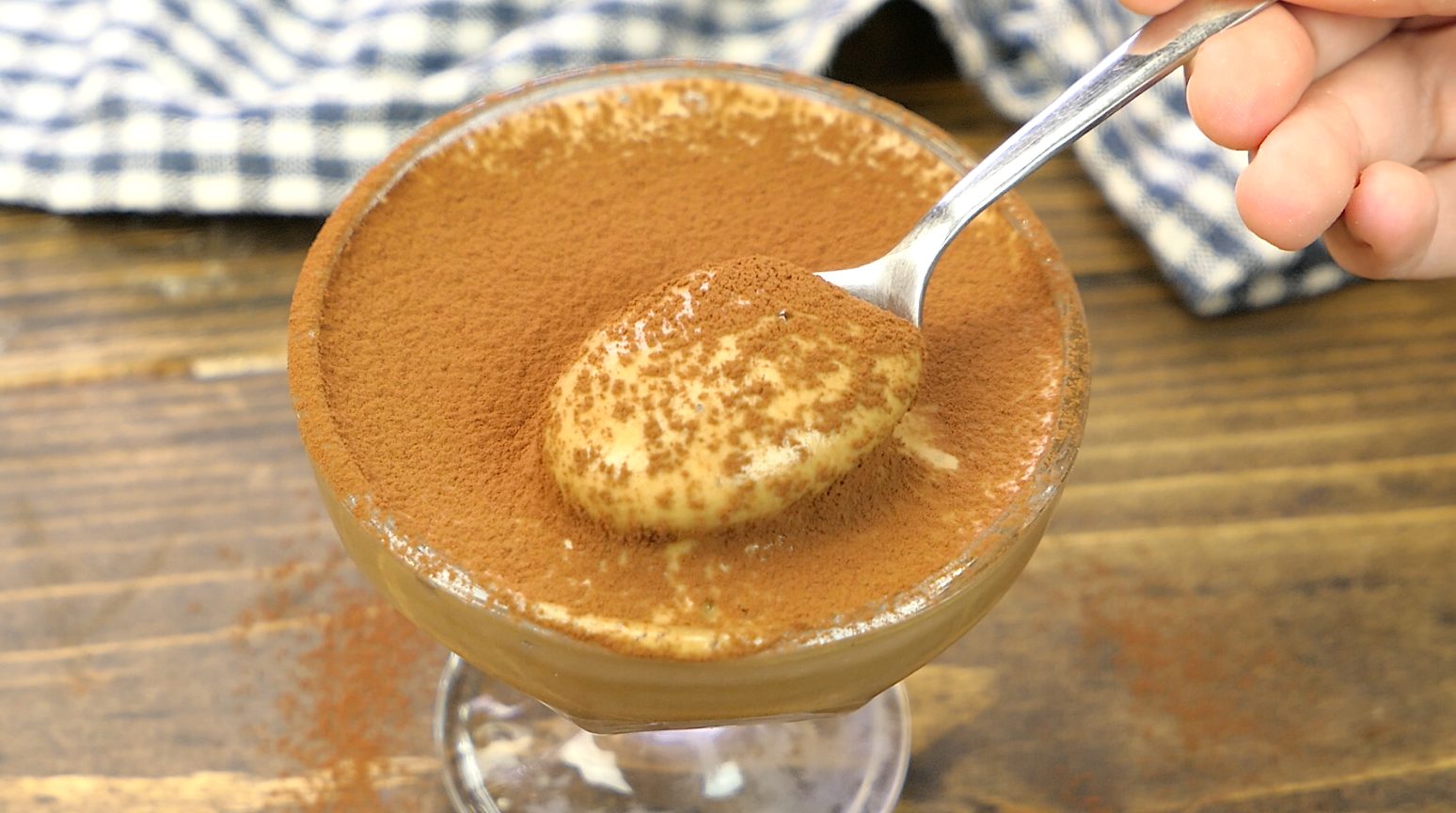6 Reasons That A Calorie Is Not A Calorie (Backed By Experts)
Calorie counting is a viral concept in the healthy eating niche as many have found that the easiest way to lose weight is by creating a calorie deficit so that they continue to burn energy obtained through food. But, food scientists say this is not completely accurate. A calorie isn't always a calorie, especially when it interacts with your body.
;)
A common saying is that 1 calorie is a calorie so, 100 calories of candy or broccoli will have the same effect on your weight. While it's indeed factual that all calories contain the same amount of energy, about 4,184 Joules of energy, this isn't always an accurate representation when it comes to the human body.
It is an indisputable fact that the human body operates by elaborate processes that regulate energy balance. Furthermore, different foods go through different biochemical pathways that might cause the loss of energy (calories) to be lost as heat.
Therefore, here are 6 reasons that you can't equate a calorie to another calorie.
1. The Thermic Effect of Food

When you eat, the food passes through different metabolic pathways during digestion. Some of these pathways are efficient i.e. more energy is used to work while less efficient pathways cause the loss of energy through heat.
For example, the digestion of protein generates more heat than that of carbs and fat, making it less efficient. So, ultimately, consuming 100 calories of protein means that you'll lose at least 25% of it during digestion and only gain about 75 calories.
Therefore, the thermic effect of food is essentially the measure of how much different foods increase energy expenditure, due to the energy required to digest, absorb and metabolize the nutrients.
2. Low-Carb Diets Lead to Automatic Calorie Restriction
Numerous randomized studies that compared low-carb and low-fat diets constantly report that low-carb diets lead to more weight loss than low-fat diets, often 2–3 times as much.
These reports contradict the common belief that foods with low calories are the top recommendations for weight loss. Although it might appear effective at first, the loss is typically temporary as it's due to water loss.
However, you'll find yourself taking more portions of food because they aren't usually satisfactory, thus racking up the calories.
3. The Glycemic Index

Refined carbohydrates like white bread, sucrose and high-fructose corn syrup commonly contain small amounts of fiber and are absorbed too quickly, leading to a sharp rise in your blood sugar. Simply put, they have a high glycemic index (GI), a measure of how quickly foods can increase blood sugar.
A study reports that such high-GI meals cause people to consume more calories due to increased hunger and cravings compared to the low-GI shake.
Therefore, the rate at which carb calories hit the human system can have a dramatic effect on their potential to cause increased food intake.
4. The Satiety Index
The Satiety Index is a measure of how satisfactory eating a particular food leaves you. Some foods, based on personal preferences and the content of the item, can provide better satisfaction than others.
Therefore, it is also easier to overeat some foods than others. So, your food choices can have a huge impact on the total amount of calories you end up consuming.
5. Fructose vs Glucose

Fructose and glucose are the two major simple sugars in your diet and they typically provide the same amount of calories, gram per gram. However, their metabolic pathways are absolutely different.
While any of your body's tissues can assimilate glucose, only the liver can digest fructose. So, glucose calories aren't the same as fructose calories.
Thus, the common report that fructose has far more negative effects on hormones, appetite and metabolic health.
BOTTOM LINE
The amount of calories (energy) you obtain from a food item isn't always the same as the next. This difference can be the result of various reasons as discussed above and you should always consider them when you're trying to create a diet plan of any kind.
;Resize,width=767;)
;Resize,width=712;)
;Resize,width=712;)
;Resize,width=712;)
